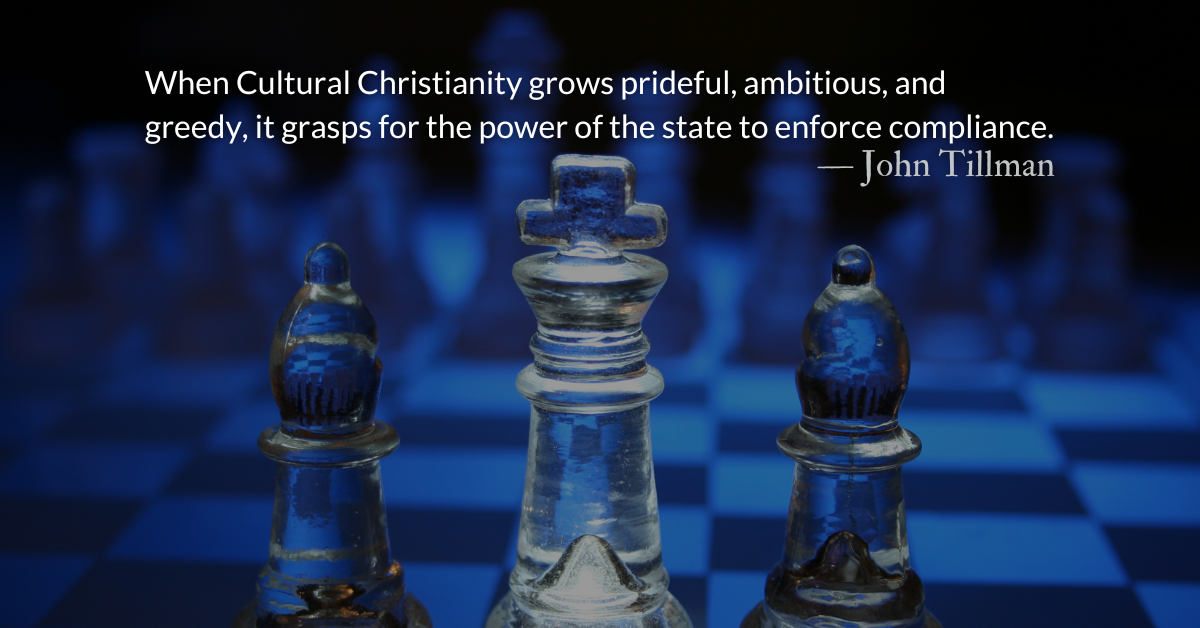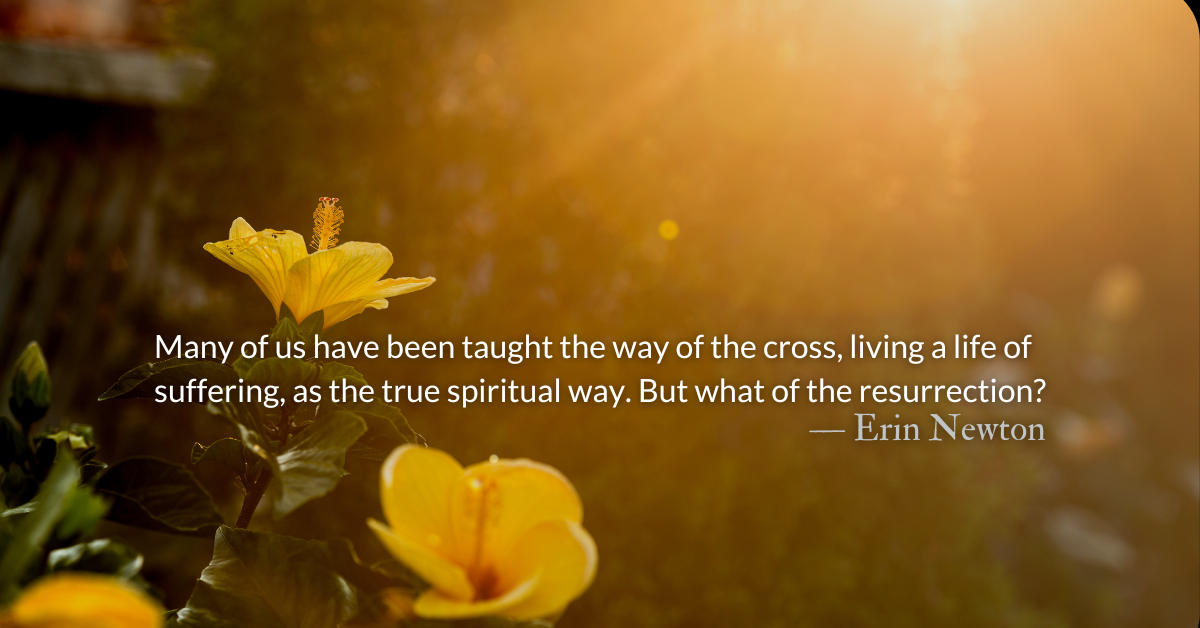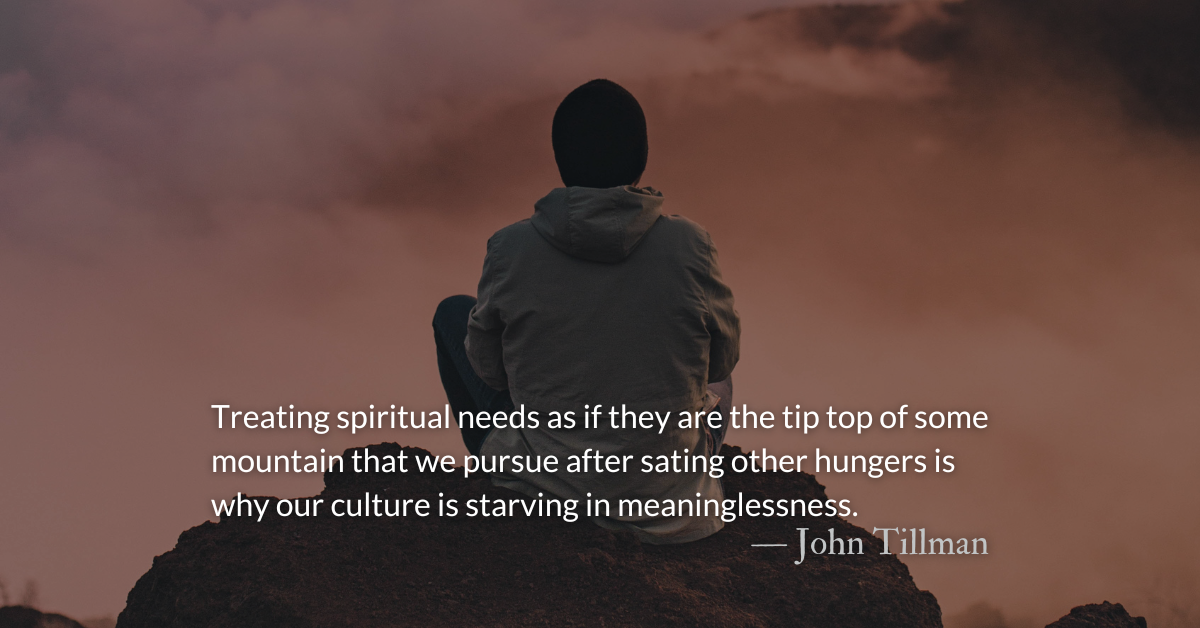Scripture Focus: Ecclesiastes 10.10, 20
10 If the ax is dull
and its edge unsharpened,
more strength is needed,
but skill will bring success.
20 Do not revile the king even in your thoughts,
or curse the rich in your bedroom,
because a bird in the sky may carry your words,
and a bird on the wing may report what you say.
Reflection: Influence Beyond Aphorisms
By John Tillman
Many biblical phrases entered English because the Bible is the most widely distributed and read book in history. Each year’s top-selling book comes in second to the Bible. They leave the Bible off the list since it would win every year.
Abraham Lincoln’s aphorism, “Give me six hours to chop down a tree, and I will spend the first four sharpening the axe,” remixes the teacher of Ecclesiastes. “If the ax is dull…more strength is needed, but skill will bring success.” (Ecclesiastes 10.10) “A little bird told me” also comes from this chapter. “A bird in the sky may carry your words…” (Ecclesiastes 10.20)
Escaping “by the skin of one’s teeth” comes from Job’s description of his life. (Job 19.20) “A drop in the bucket” comes from God’s description of the insignificance of national power compared to his power. (Isaiah 40.15) The terms “scapegoat,” (Leviticus 16.20-22, 26) “behemoth,” (Job 40.15) and “gird your loins” (Job 38.3; Jeremiah 1.17; Luke 12.35) all have biblical origins.
The Bible and Christianity’s influence has benefits. The widespread embrace of Christian concepts of equality, generosity, and service, makes today’s culture kinder, gentler, and more just. Society didn’t evolve this way. Christianity changed it.
This influence also has dangers. A culture steeped in Christianity produces “Cultural Christians.” Cultural Christianity is based on moralism enforced by social shame. When Cultural Christianity grows prideful, ambitious, and greedy, it grasps for the power of the state to enforce compliance.
But don’t we want a biblical influence on society that goes beyond quotes and aphorisms? Don’t we want just laws? Don’t we want moral order?
The Pharisees ruled their society with the strictest interpretation of biblical laws the world has ever seen. Jesus called them sons of hell and the devil. (Matthew 23.15; John 8.44) We could follow in the Pharisees’ footsteps, seize power, set up a “Christian” kingdom, and still be sons of the devil. History holds many examples of this as warnings.
The way of Jesus requires us to sharpen our axes by improving skills of witness and winsomeness. We must pull logs from our own eyes, improving skills of confession and humility. We don’t call down fire on our enemies. We pray for them. (Luke 9.54-56) We don’t allow violence in the name of Christ. We heal, rather than harm. (Luke 22.49-51; John 18.10-11; Matthew 26.51-54)
Influencing culture and politics is good. We should attempt it. But if we must abandon Christian principles to succeed, we are engaging in wickedness and all of our quoting of scripture will only amount to taking the Lord’s name in vain.
Divine Hours Prayer: The Small Verse
The people who have dwelt in darkness have seen a great light.
– From The Divine Hours: Prayers for Summertime by Phyllis Tickle.
Today’s Readings
Ecclesiastes 10 (Listen 2:33)
Psalm 64-65 (Listen 2:39)
This Weekend’s Readings
Ecclesiastes 11 (Listen 1:40), Psalm 66-67 (Listen 2:42)
Ecclesiastes 12 (Listen 2:38), Psalm 68 (Listen 4:26)
Read more about Absurd Little Bird
However we stand for the truth, whether by sermon or satire, let us do so with integrity.
Read more about Facts and Harsh Realities
Sometimes the scripture being “true” just means it is spitting straight, cold, hard facts.











